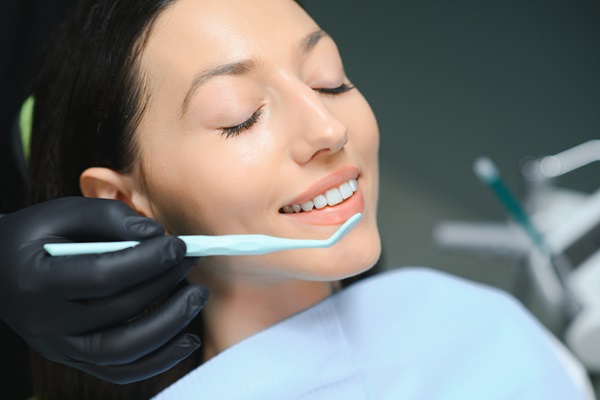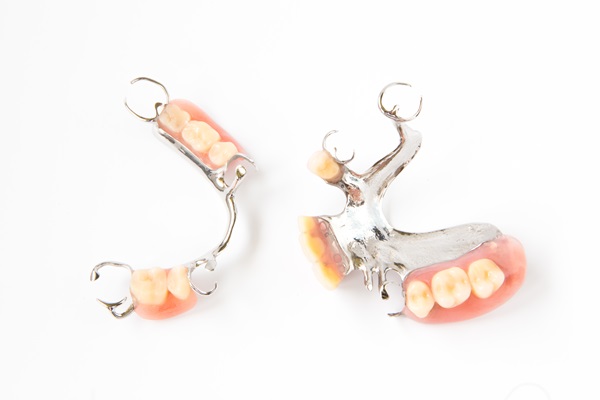Ask a Dentist: When Would Sleep Dentistry Be a Recommendation?

It is normal to be apprehensive before medical treatment, but have you considered sleep dentistry to help you relax? Read on to learn more about this type of dentistry. Dental procedures can elicit feelings of fear, anxiety, and uncertainty. Patients often postpone or ignore therapy due to crippling anxiety. If dental visits make you nervous, inquire about sleep dentistry. This treatment involves the use of specific medicines to help patients relax during dental procedures.
An overview of sedation and sleep dentistry
There are several levels of drug delivery in sleep dentistry, commonly known as sedation dentistry. The levels are selected based on the patient's individual situation. With minimal sedation, medications are used to make patients relax but stay awake.
Moderate sedation, often known as conscious sedation, allows the patients to maintain a level of consciousness. However, the patient will not remember most of the procedure. Deep sedation keeps the patient asleep, although waking is possible. The dentist may utilize general anesthesia for full sedation in certain situations.
Dentists utilize a number of methods to provide sedation to their patients. Nitrous oxide or laughing gas, oral sedation, and IV sedation are some of the options. These sedation options may make dentist visits more bearable. Patients may need sleep dentistry for a variety of reasons, including:
Anxiety management
Many people are apprehensive about dental appointments. Due to their worry, they may get uncomfortable during treatment, raising the chance of complications. For other people, anxiety is moderate and controllable. Some patients' fear of dentists, on the other hand, is overwhelming and incapacitating. An individual's fear may cause them to panic throughout the procedure. Even the most painful dental treatments may be made more bearable with sleep dentistry.
Pain suppression
A local anesthetic is often enough for minor dental treatments, but pain can be an issue for anxious patients during more significant dental operations such as root canals, tooth extraction, and dental implant placement. Sedation can be helpful for reducing discomfort during the operation and making the whole process smoother.
Management of triggers
There are many triggers at dental offices that may cause unpleasant feelings. The smells, noises, and even images at a dentist's office can make it difficult for many individuals to stay calm. In some cases, the noises from a dental drill can frighten even the most composed adult. Sedation is helpful since it reduces the effect of the triggers in the dental office.
Control gag reflex
Patients with sensitive gag reflexes may find dental exams and treatments unpleasant. When anything is placed in the mouth, it will induce an uncontrollable urge to choke and spit. Simple processes like taking tooth impressions may become difficult as a result. Sedation can remove the difficulties associated with a sensitive gag reflex.
The bottom line
Sleep dentistry can be very helpful in keeping patients relaxed and preventing anxiety from interfering with the procedure, typically resulting in shorter dental appointments.
Request an appointment here: https://sandimassedation.com or call San Dimas Family and Sedation Dentistry at (909) 305-2300 for an appointment in our San Dimas office.
Check out what others are saying about our dental services on Yelp: Sedation Dentist in San Dimas, CA.
Recent Posts
Sedation dentistry involves using medications to induce a state of extreme relaxation while you are having an oral procedure done. It does not make you unconscious, but it does significantly decrease your sensitivity to pain. It can also induce a state of short-term amnesia so that you have little memory of what happened during the…
Sedation dentistry is commonly used to help people who have dental anxiety relax while they receive dental treatment.The practice is safe and very common for adults. However, there are some parents who have doubts about sedating their children while they receive treatment.Dental pain or an oral infection can happen at any time. This means pediatric…
With dental offices reopening, more individuals are considering visiting the dentist for routine dental care and elective procedures. However, while reopening is taking place, it is important to remember that the COVID-19 pandemic is still a relevant problem. Because of this, certain guidelines are being put in place that dental offices and patients should expect…
Today, with increasing importance placed on dental aesthetics, there are many reasons why one may consider a trip to the cosmetic dentist. The desire for good-looking teeth is important as beautiful smiles are known to contribute to a person's overall well-being and positive self-image. There are many different avenues for fixing an imperfect smile. In…


